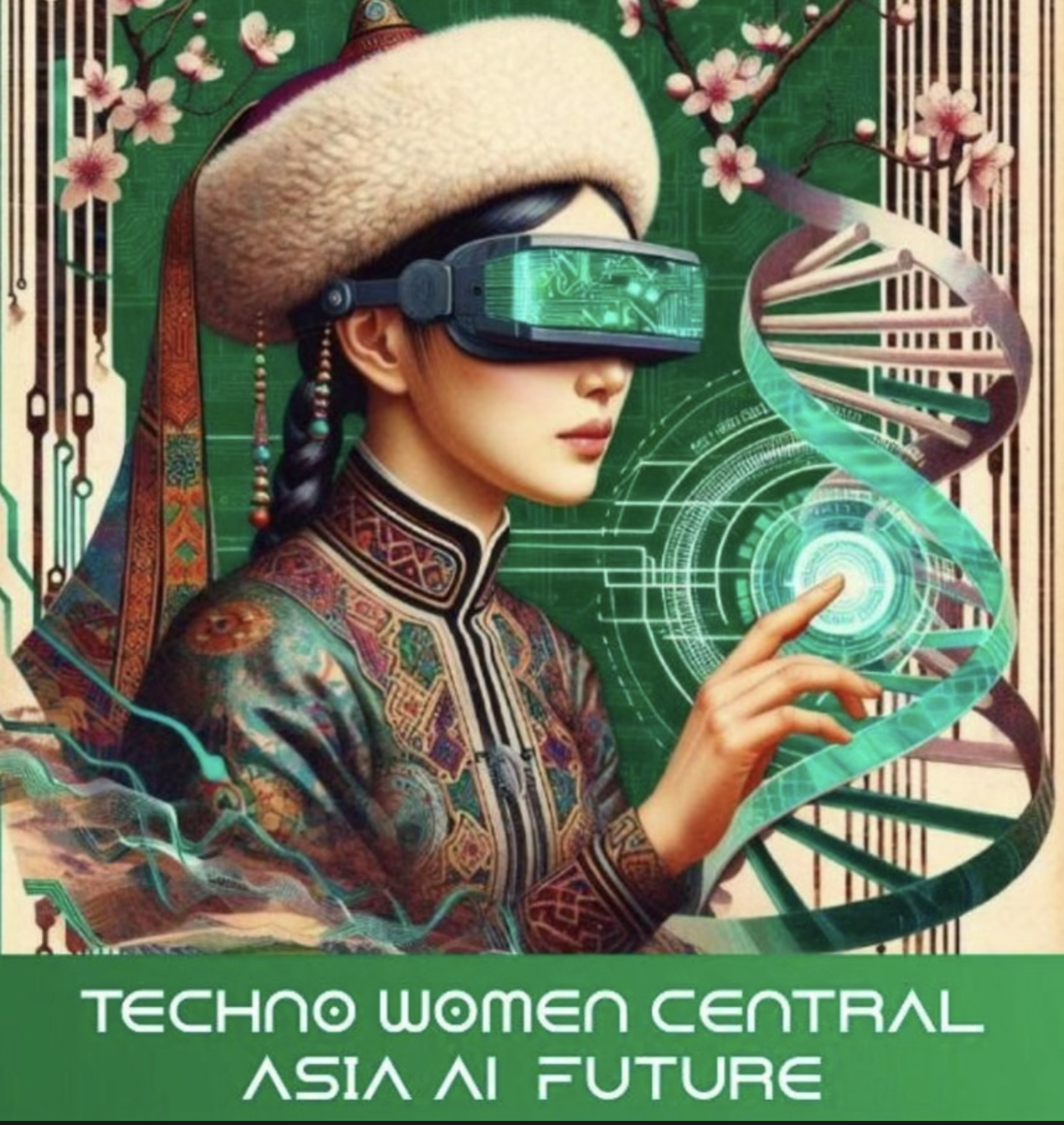The TechnoWomen Аrtificiall Intelligence (AI) Forum took off on April 17 in аstana with organizers hosting a big discussion about the opportunities and obstacles AI technologies present globally. The event, the interface of which was physical and virtual, saw key players from international societies, national governments, and commercial bodies debate on AI implementation and regulation. These meetings represent not only a momentous leap but also a crucial stage in the digital transformation process for Central Asia.
Global insights on AI development
The forum did begin with why and how AI is a force of change in economics and society everywhere. You may also listen to this podcast: The chairwoman of the TechnoWomen Strategic Council, Yelena Sedyh, showed the difference that the event’s participants – the members of international organizations, as well as cybersecurity experts – can make to AI development worldwide.
The discussions showed that technology has gone through the stage with artificial I being in the world where everyone lives. In the mid-1950s conception, AI was just but a colossal tool with a guiding capacity to act as a robot under direct or indirect guidance. However, with time, it has transformed into a standard tool leading matters of business as well as governance, in real life; AI is well established. She stressed the difficulties of inculcating AI in decision-making and replacing it with automated processes in a speedy fashion. Appaya reasoned that ethics, whose role the government should play, are very relevant when one wants to use AI responsibly.
Regulatory challenges and opportunities
It serves not only to bridge the gap of understanding regarding AI use but also to examine the regulatory framework driving AI development and use. Natalia Myagchenkova, an expert from Yandex on regulations risk, highlighted points about global efforts, especially provisions that various bodies like Canada and the European Union have been making.
The keynote speaker highlighted the fact that Canada’s recent efforts in creating the Artificial Intelligence and Data Act (AIDA) are revolutionary in shaping the regulations encompassing safety and utility with the public interests in mind. Furthermore, the International EU approach has highly specialized law that focuses narrowly on AI forming an encompassing and efficient governance mechanism. Myagchenkova insisted that China has a wide range of comprehensive measures in place, as per which developers are supposed to follow certain norms by ensuring that AI models are made consistent with national values and priorities.
AI’s role in achieving sustainable development goals
The possibility of AI performing the role in achieving the UN sustainable development goals (SDGs) has been one of the key topics mainly addressed by Kseniia Fontaine of ITU, who gave a brief idea on how various innovative AI technologies might help address issues like climate change, educational inequity, health development of both women and men. On the other hand, she warned about the risks such as job displacement, data biases, and security threats that could get in the way of these objectives if they needed to be managed properly.
On the contrary, debates have proven that it is crucial to identify and implement AI technologies in such a way as to not boost the digital divide and other inequalities and social gaps. The discussion of the forum shows again that AI here brings about a variety of prospects for development but it also stands to raise ethical and security problems which one should ponder to make the good work for everybody.
Crafting a unified strategy for AI advancement
Shaping of the TechnoWomen Forum in Astana has laid the basis for continuous dialogue and mutual exchange between the states of CA on the future of AI development. Looking ahead, NHS and the university organized an event that put together various stakeholders to form a land that will not only be ready to deal with the matter of artificial integration into social setup and system structure but it can go ahead to take on the complexities.
Together with technological enhancement, events of the type TechnoWomen Forum are cardinal in the designing of a united strategy that tangles with the precedent problems of sustainable and gender-balanced technological advancement. Based on the insights presented that definitely will benefit the region and beyond, and ultimately set the path of a tech-driven future that meets the increasing demands for global standards and domestic uses.
This article originally appeared in The Astana Times





